Marine Science
Diet drives gut bacteria in reef fish
DNA sequencing of reef fish microbiomes shows that diet is all-important.
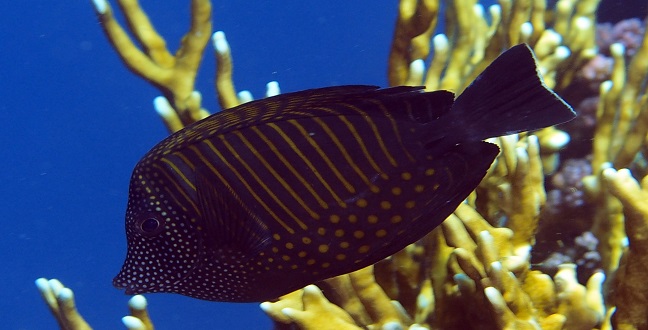

Gut bacteria in reef fish are found to depend on their diet: pictured is the Sohal surgeonfish, Acanthurus sohal.
© 2014 KAUST
The importance of diet in determining the composition of the bacterial community of a fish’s gut has been outlined by researchers at KAUST – highlighting the need for an extensive study of feeding habits.
The microbial community in an organism’s gut, its microbiome, plays a critical role in its development, immune response, and even its behavior. While well-characterized in mammals, particularly humans, the microbiome is more poorly understood in fish, particularly coral reef fish.
Ulrich Stingl’s microbial ecology lab at KAUST’s Red Sea Research Center set out to investigate the microbial symbionts of reef fish, which play an important role in coral ecosystems. From three coral reefs in the central Red Sea, the team collected 59 fish including nine surgeonfish species, two parrotfish and one rabbitfish species. They dissected the contents of their midgut and hindgut for DNA sequencing. Analyzing the sequences, the researchers identified the different groups of bacteria living within the gut of each fish, enabling them to compare the microbiomes of the different species and assess which factors contributed to microbiome composition.
Fish of the same species were found to share only a handful of bacteria types, though these core groups made up most of the microbiome.
Next, the researchers compared the microbiomes of different species. They showed that the evolutionary relationships between the fish explained some of the variation, but another factor was at least as good at accounting for the pattern. “Diet is a strong factor influencing the gut microbiota,” says Ph.D. student Sou Miyake, lead author of the study. “It makes sense — whatever you have in your gut helps you digest the food you ingest.”
Based on their microbiome, the fish fell into three different clusters. To connect these with diet, the team had to categorize the fish’s eating habits more precisely than has been done before, dividing herbivorous fish into consumers of microalgae and macroalgae. The third cluster, which groups fish with a variety of feeding habits, will probably be split further once more samples are studied.
Miyake explains that “most of the studies in terrestrial vertebrates used a simple classification of ‘herbivore’, ‘omnivore’, and ‘carnivore’. We showed that in a host that has individual plasticity in their diet, this isn’t sufficient. You really have to study the details of what they’re eating.”
Coupled with microbiome studies, further data about the diet of reef fish will continue to improve understanding of their role in these diverse and dynamic ecosystems.
References
- Miyake, S., Ngugi, D.K., & Stingl, U. Diet strongly influences the gut microbiota of surgeonfishes. Molecular Ecology 24, 656-672 (2015).| article
You might also like
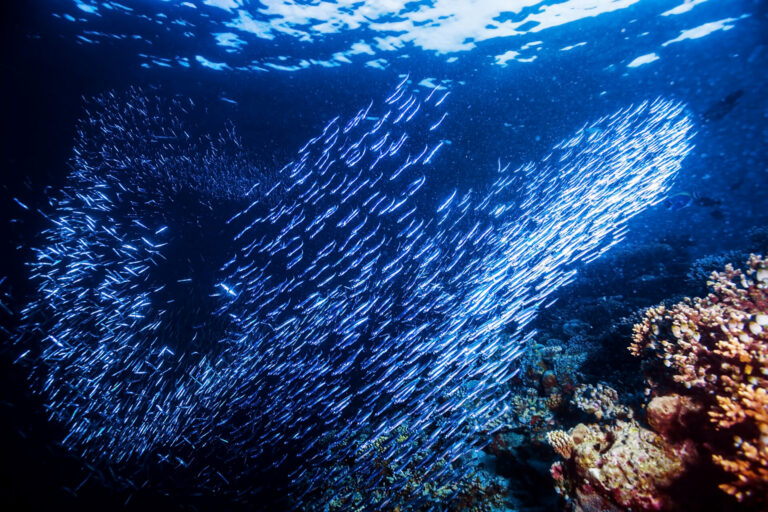
Marine Science
Potential gains from replenishing reef fish stocks revealed
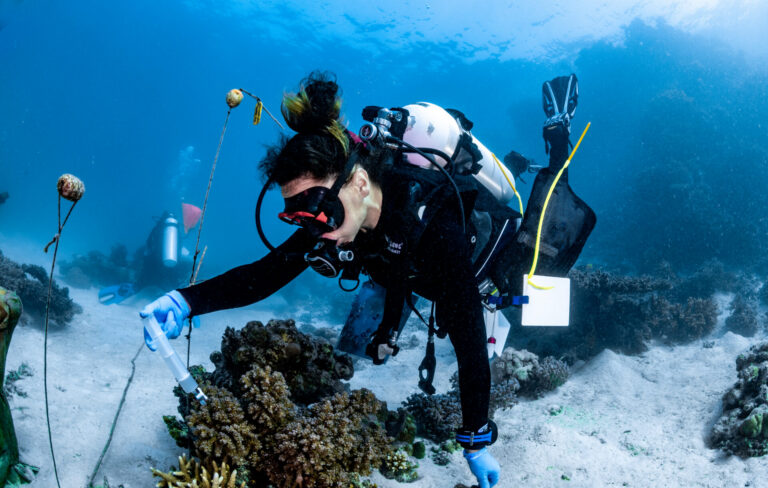
Marine Science
A place to trial hope for global reef restoration
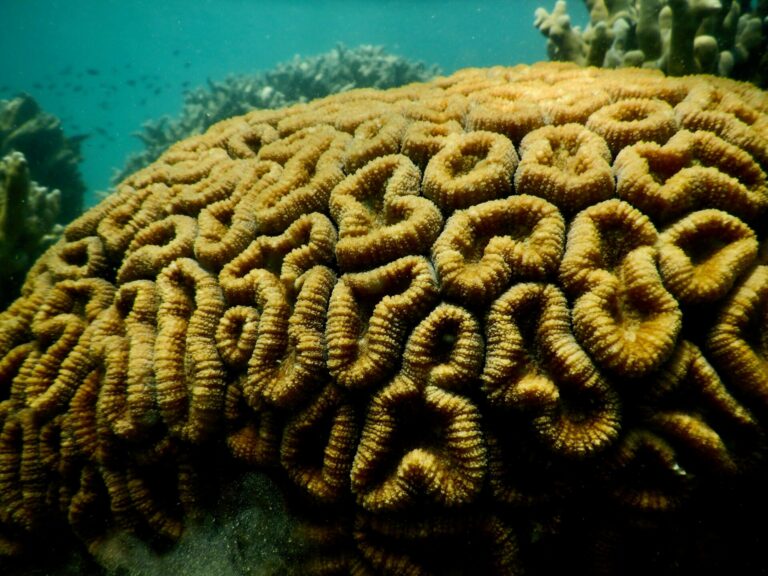
Marine Science
Reef-building coral shows signs of enhanced heat tolerance
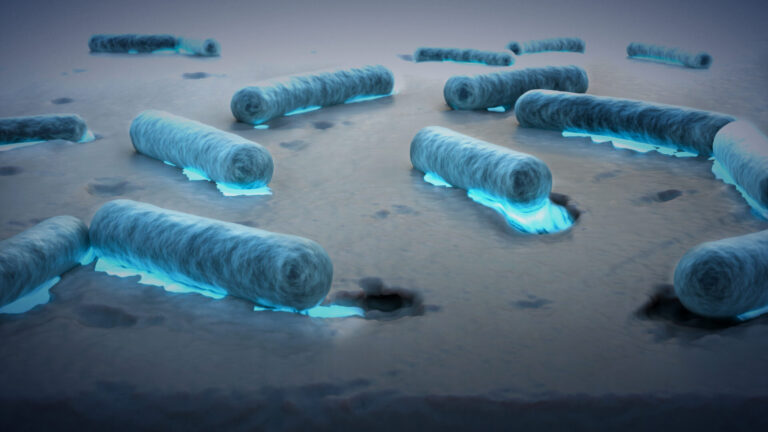
Marine Science
Plastic-munching bacteria found across the seven seas
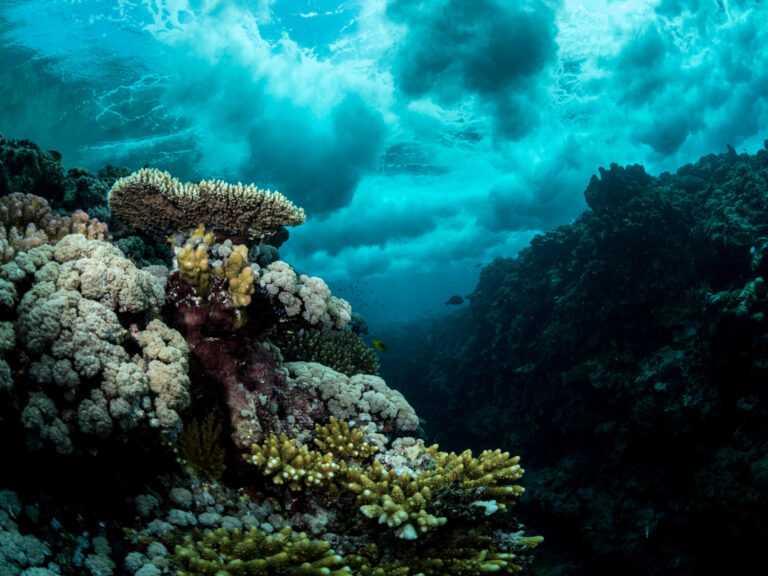
Marine Science
AI reveals the universal beauty of coral reef growth
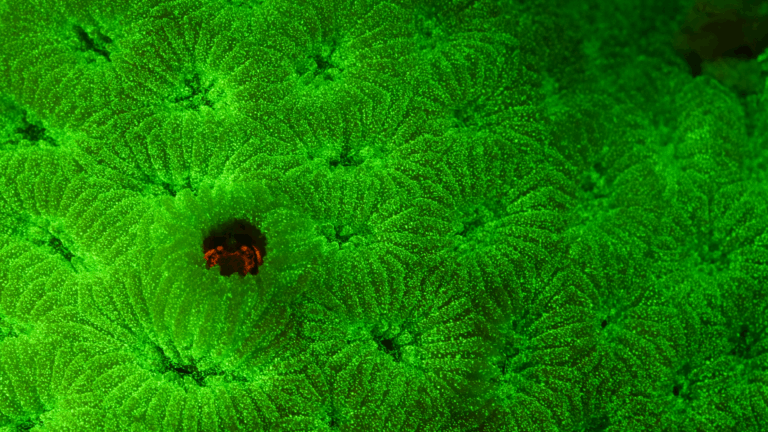
Marine Science
Tiny crabs glow to stay hidden
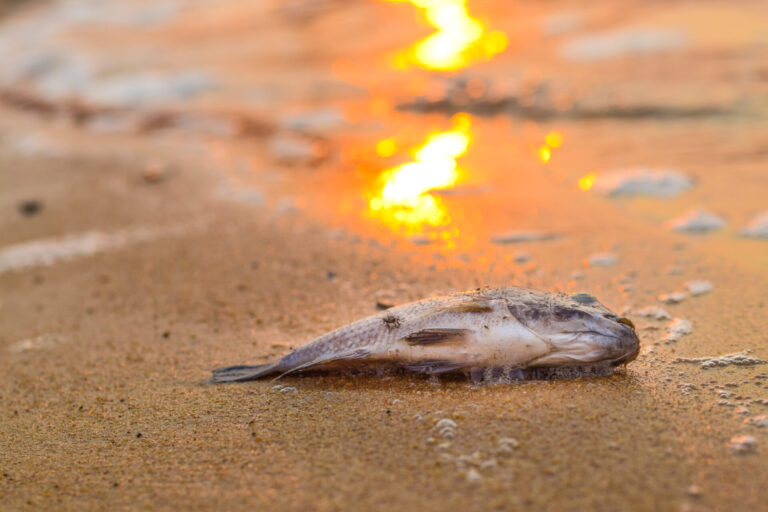
Marine Science
Mass fish deaths linked to extreme marine heatwave in Red Sea
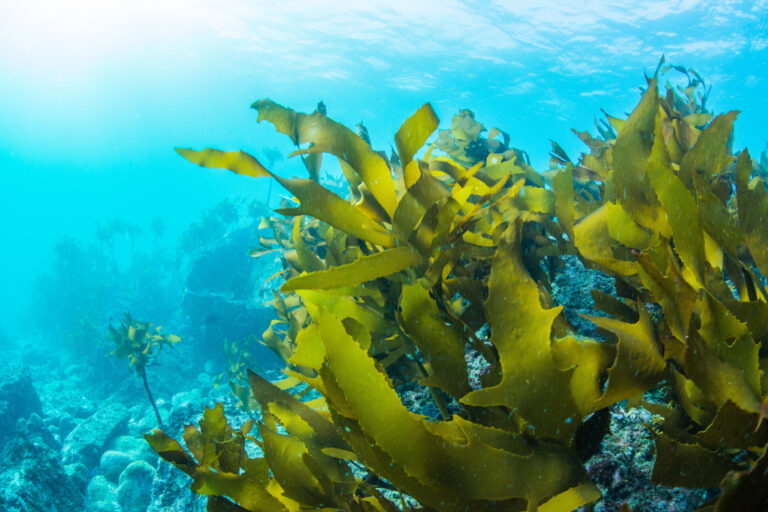
Marine Science



